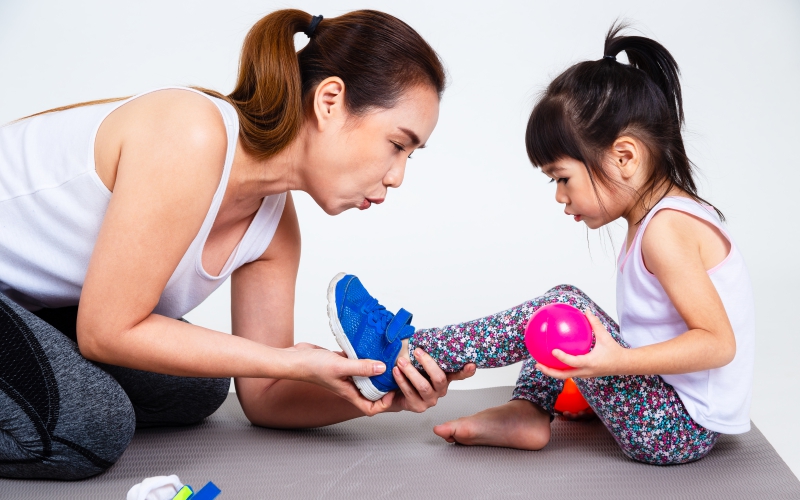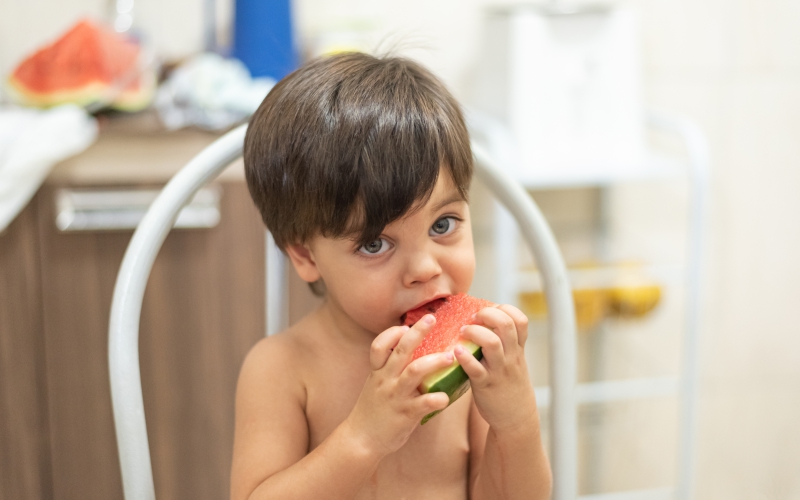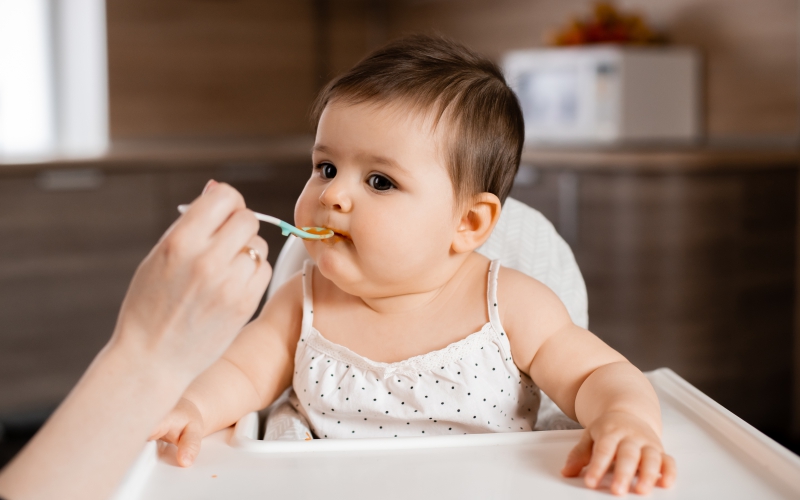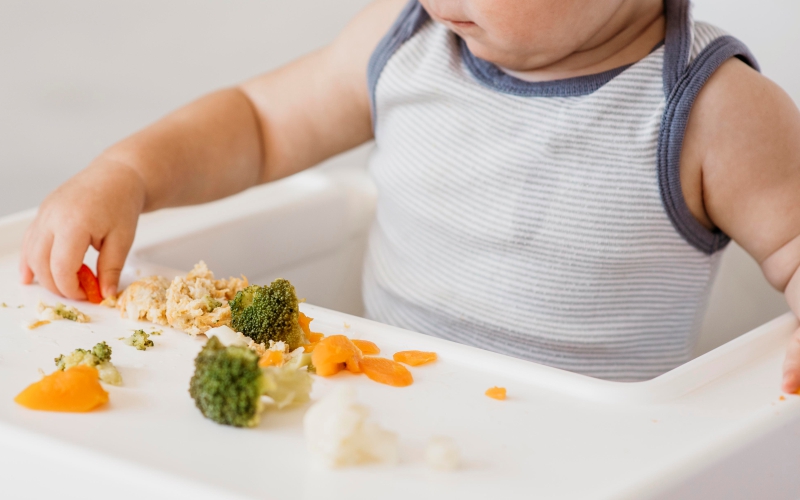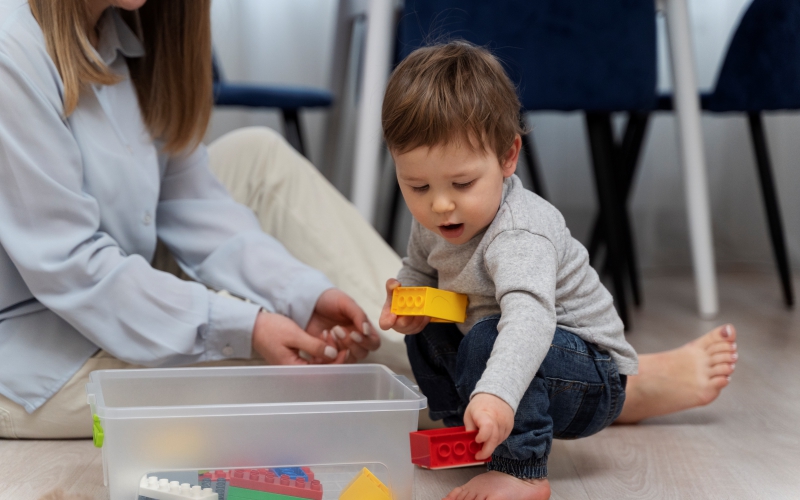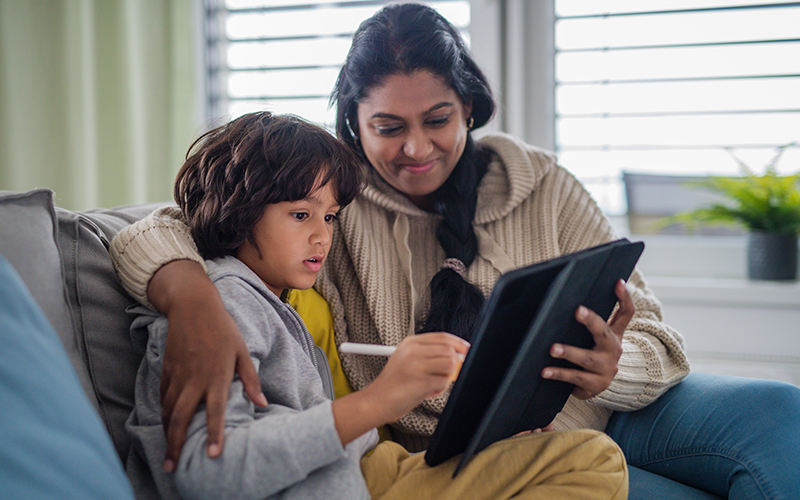Self-Care Skills: Teaching Toddlers to Take Care of Themselves
Life skills go hand in hand with development and may help your child succeed later in life. Discover the superior essential life skills your child should know and ways to include them in your daily routine.
What are the foremost critical skills for kids to learn?
1. Focus and Self-Control: Children thrive on schedules, habits, and routines, which not only create a sense of security but also help children learn self-control and focus. Talk together with your child about what to expect daily. Organize your home so your child knows where to place shoes, coats, and private belongings.
2. Perspective-Taking: Puzzling over another’s point of view doesn’t come naturally to most kids, but it will be developed. Discuss characters’ feelings and motivations within the books you read.
3. Communication: Children need high-touch personal interactions daily to create healthy social-emotional skills, including the flexibility to grasp and communicate with others. While the pace at which they develop these skills may vary, children must find out how to “read” social cues and listen carefully. They have to consider what they need to speak about and therefore the best thanks for sharing it.
4. Making Connections: True learning, says Galinsky, occurs once we can see connections and patterns between seemingly disparate things. The more connections we make, the more sense and meaning we make of the planet.
5. Critical Thinking: We board a fancy world within which adults are required to research information and make decisions about myriad things each day. One of the simplest ways to make critical thinking is thru rich, open-ended play.
6. Taking over Challenges: One every of the foremost vital traits we can develop in life is that resilience being able to tackle challenges, recover from failure, and keep trying. Children learn to require challenges once we create an environment with the correct amount of structure not such a lot being limiting, but enough to create them feel safe.


 Toll Free Number
Toll Free Number







